Certainly! Here is the translation of the article content into English:
Unexpected! Liu Guoliang Determines Next Steps, Two Olympic Champions Make Indirect Response
It's bound to catch many table tennis fans off guard, especially after seeing two Chinese Olympic champions—Fan Zhendong and Chen Meng—suddenly announce their withdrawal from world rankings. Everyone must be wondering: what's going on?
This isn't a minor piece of news; it's a major decision that affects the entire table tennis community.
We know that Fan Zhendong and Chen Meng are the backbone of the Chinese table tennis team on the international stage. However, their current decision gives people an unfamiliar feeling.
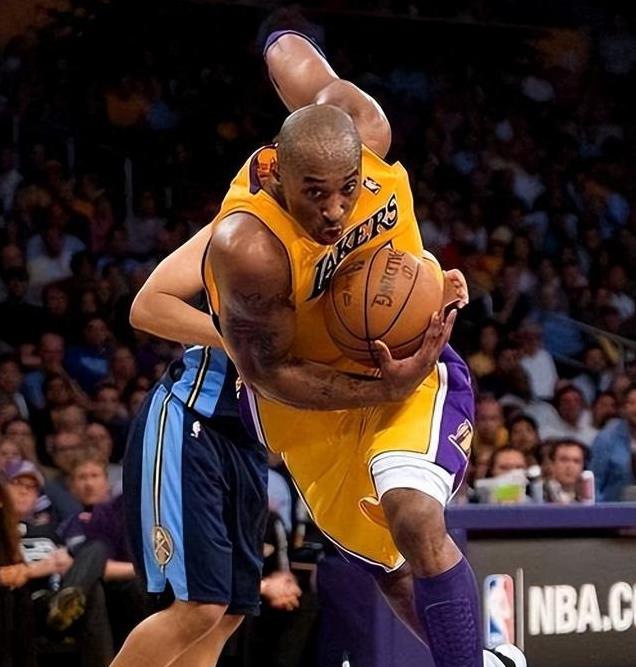
What's happening?
- You're Not Participating in International Competitions Anymore?
The most direct message is that both Fan Zhendong and Chen Meng have announced their withdrawal from world rankings, meaning they will temporarily not participate in some important international events.
People can't help but ask: these two are our top players, in great shape with top-level competitive skills. How could they suddenly choose to lie down?
Misunderstandings aside, they aren't planning to retire, nor did they make this decision due to injuries or a decline in competitive form.
In fact, their withdrawal from world rankings is more about focusing on domestic events, especially the upcoming National Games.
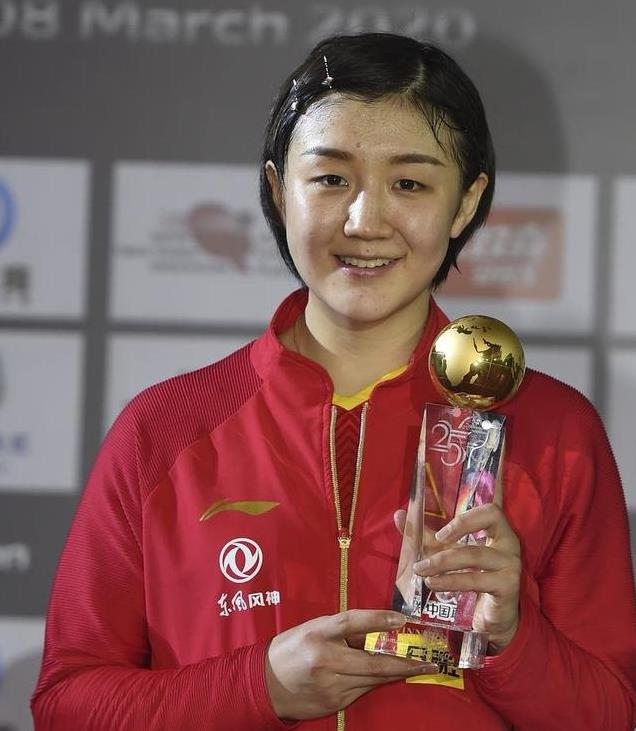
That's their decision—to concentrate and prepare for more important domestic events rather than continue to showcase their skills on the international stage.
Some netizens commented: Fan Zhendong and Chen Meng withdrew from international competitions. Have they achieved their goals?
They're just conserving energy for domestic events, as the National Games are currently their top priority.
Other netizens offered different opinions: These are two world-class Olympic champions!
How could they just let go? Don't they feel regretful?

- Liu Guoliang's Strategic Adjustment
In fact, behind Fan Zhendong and Chen Meng's withdrawal lies a bigger plan by Liu Guoliang.
As the head coach of the Chinese table tennis team, he has long proposed a decision that makes everyone uncomfortable: rejuvenation.
Liu Guoliang clearly stated that in future international events, the national team will provide more opportunities to younger players, especially at the upcoming Singapore Grand Slam.
Think about it; this is the opening act of the 2025 season. Everyone expected to see veterans like Fan Zhendong and Chen Meng continue to win glory for the country. Who knew they wouldn't even be on the entry list?
Suddenly, young players' opportunities have arrived.
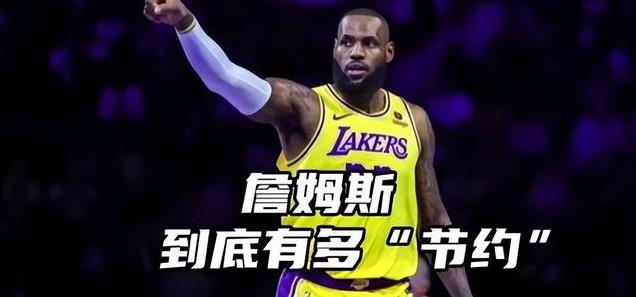
Liu Guoliang wants to give young players more international competition experience to prepare them for future Olympic arenas.
And the veterans?
Naturally, their participation in international competitions has decreased. At least in the short term, they are no longer the focus.
Some netizens commented: This Singapore Grand Slam will indeed see many young players vying for opportunities.
Although the veterans won't be there, if the young players can step up, it's actually a good thing.

Other fans expressed: We old fans genuinely feel a bit uncomfortable.
We always felt that if Fan Zhendong and Chen Meng continued playing, they could add many highlights to the matches.
- Can These Young Players Take Over?
To be fair, Liu Guoliang's decision must have been made with the future of the Chinese table tennis team in mind.
As veterans gradually fade out, young players must take on more responsibilities, which is also an inevitable trend.
Just like Xu Xin and Liu Shiwen in the past, although they haven't completely retired, with the rise of young players, their chances to compete internationally have significantly reduced.

Fan Zhendong and Chen Meng have taken a similar path.
So, can young players step up?
Fan Zhendong and Chen Meng have a significant impact on the performance of the Chinese table tennis team.
Handing over this burden to more young people is indeed a challenge.
Regardless, upcoming competitions, especially important events like the Singapore Grand Slam, will become stages for young players to prove themselves.
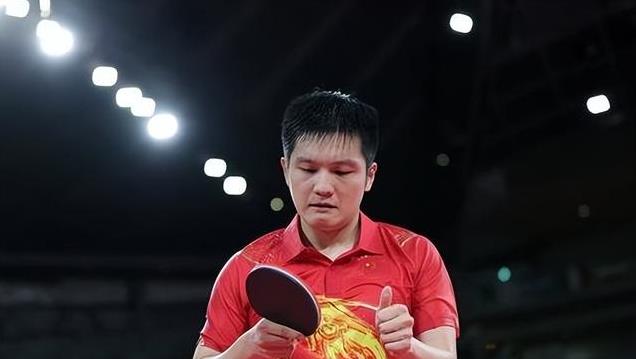
Some netizens commented: Veterans stepping back to make room for the young is not bad either.
Although it's hard to let go, giving new generation players opportunities is also a necessity for development.
Some fans are worried: Can the new generation of players step up?
Fan Zhendong and Chen Meng are still in excellent competitive form. Is it really okay to suddenly replace them?
- Fans' Reaction: Love-Hate
Speaking of fans' reactions, you can imagine the heated discussions this has sparked online.
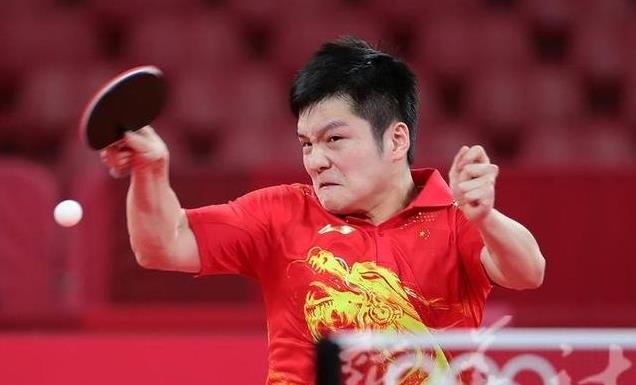
Some netizens said: This can be considered one of Liu Guoliang's gambles!
He may want to push more young people to stand up and face stronger international opponents.
Perhaps it's precisely because the veterans have stepped back that young players will work even harder.
Another netizen expressed a different view: These young players aren't mature enough. The withdrawal of Fan Zhendong and Chen Meng feels too fast.
If they continued competing, they might bring us more surprises.

- Liu Guoliang's Final Considerations
In fact, Liu Guoliang's decisions were not impulsive but based on strategic adjustments for long-term development.
He aims to do more than just give young players a chance; through these adjustments, he wants to cultivate more outstanding players for the 2028 Olympics.
Although this may mean Fan Zhendong and Chen Meng will temporarily take a back seat in international competitions, they remain part of the national team and will continue to contribute to it.
In the coming years, the focus of the Chinese table tennis team will gradually shift to these young players.
Isn't this just a blood transfusion in the table tennis world?

Liu Guoliang wants to cultivate not only tactical abilities but also instill true confidence and a sense of responsibility in these young players on the massive international stage.
Summary
From Fan Zhendong and Chen Meng's withdrawal to Liu Guoliang's rejuvenation strategy and the varied reactions from fans, the future of the entire Chinese table tennis team is facing a profound transformation.
We must admit that the retirement of veterans may be inevitable, but whether young players can seize this opportunity and become successors will undoubtedly affect the direction of the Chinese table tennis team in the coming years.
Upcoming competitions, especially the Singapore Grand Slam, may allow us to see more newcomers, and this may just be the real beginning of the next phase for the Chinese table tennis team.